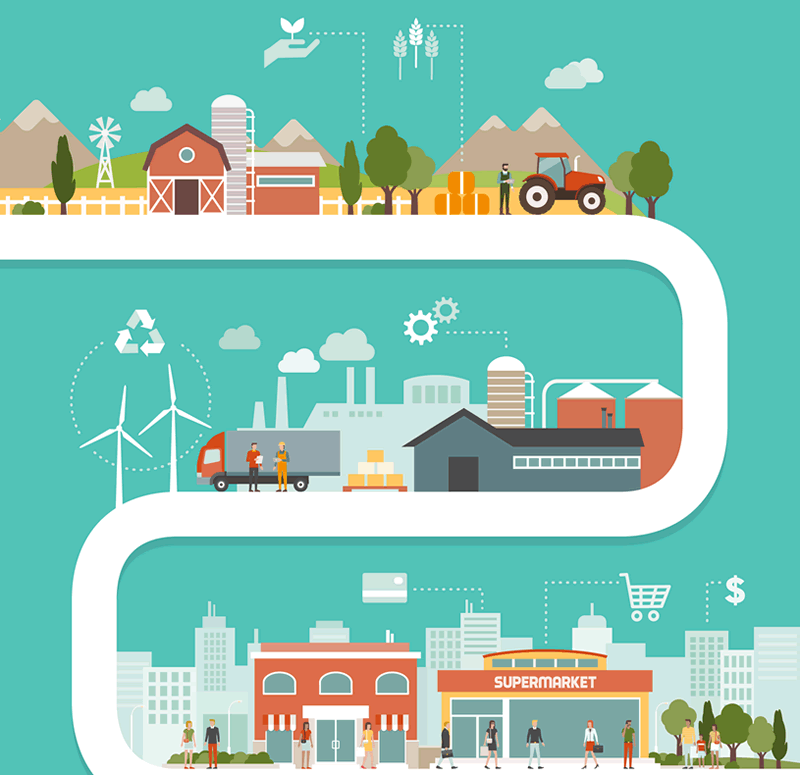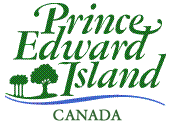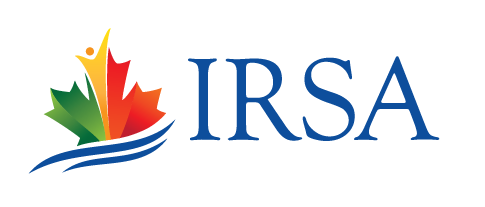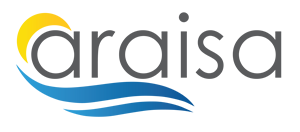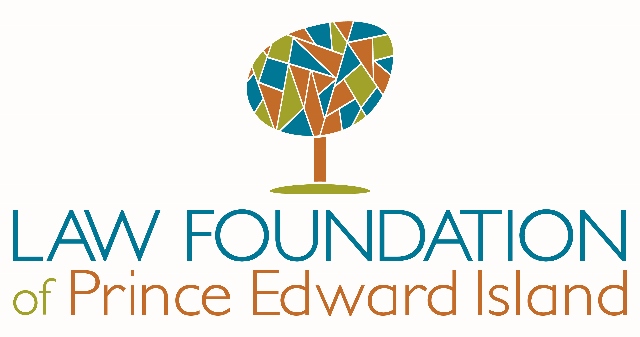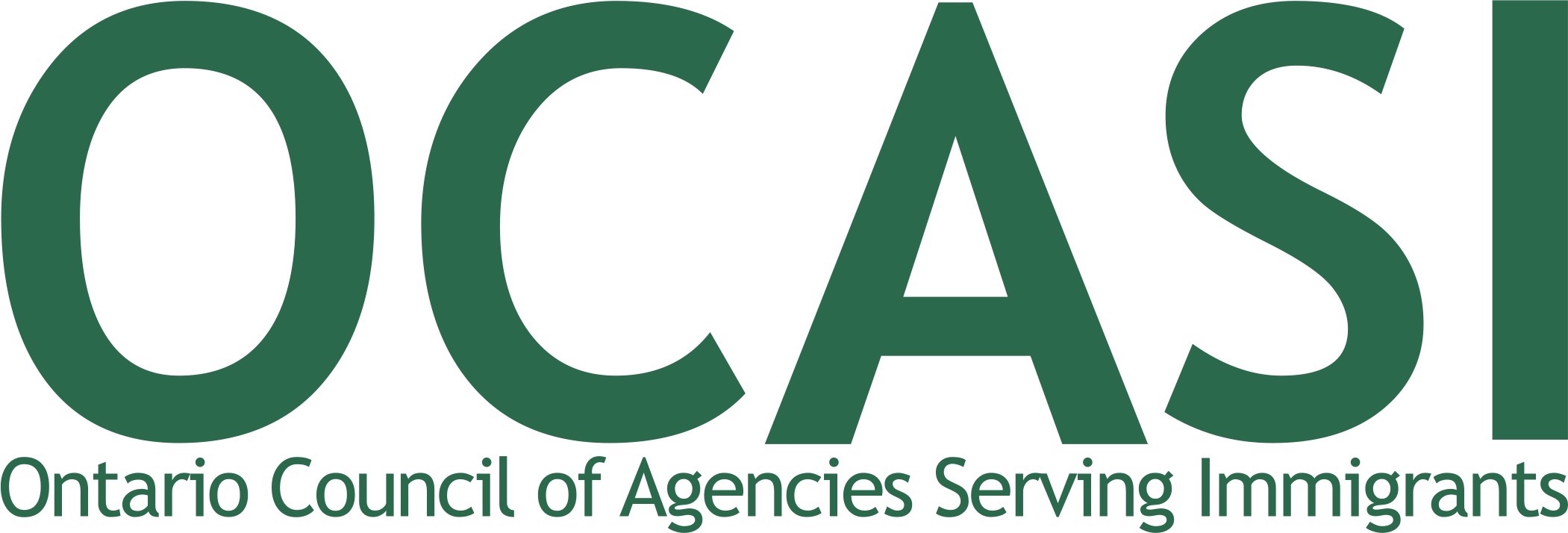Everyday Life
Housing
Your employer must provide you with clean and safe accommodation free of charge. Usually your accommodation will be on the farm where you are working. Your accommodation could be private or shared. It is very common to share your accommodation with other farm workers. This means that many people could be sleeping in the same building and you may have to share a bathroom and/or a kitchen with your colleagues.
Adequate accommodation
According to the provisions of Health and Wellness PEI, the housing regulations for Temporary Agricultural Workers are:
Your building should not be closer than 30 m from any building used to shelter animals, store flammable materials or likely to cause an offensive environmental condition or a condition that may be hazardous to health.
The building must be weather proof and constructed as follows:
- Floors are tightly fitting, smooth surfaces, impervious to moisture and readily cleaned;
- Walls extend at least seven feet (2.13m) above the floor, are tight fitting and lined with a smooth painted or treated surface material;
- Roof is tight fitting and water proof;
- Lighting, natural and artificial, is adequately provided at all times;
- Heat and ventilation is maintained at minimum temperature 68°F (20°C);
- Where combustion stoves or heaters are used, they are connected to approved exhaust systems;
- Usable floor area totals at least 80 square feet (7.44m2) per person;
- Toilet or washroom facility does not open directly into any room used for food preparation, storage or service.
The kitchen and dining area must be clean and sanitary. If you are preparing your own food you must be provided appropriate facilities, appliances, and utensils for food storage, preparation, and consumption.
A supply of potable water that meets the Guidelines for Canadian Drinking Water Quality should be provided for drinking, washing, food preparation and laundry. If drinking water is supplied in a container, the water must be clean, sanitary, covered and equipped with a sanitary dispensing device. No person shall use a drinking vessel in common with others.
Toilet facilities shall be maintained at all times in a clean and sanitary manner with toilet tissue provided. At least one toilet accommodation shall be provided for every six occupants. Flush toilets shall be kept in good repair, and if used, portable toilets shall be kept clean, sanitary and properly maintained. All sewage shall be disposed according to the provisions of applicable regulations.
If you are provided bunk beds, each bunk shall be:
- Separate and sleep only one person;
- At least 12 inches (30.48cm) above the floor and 18 inches (45.72cm) from the next bunk;
- A well-constructed mattress and pillow should be provided along with one locker or one shelf for each bunk.
- If blankets and bed linen are provided by the employer, sheets and pillow cases shall be replenished at least once per week.
Washrooms should be provided for each house and equipped with at least one sink or wash basin for every six bunks, one shower or other satisfactory means of bathing for every six bunks, and constant supply of hot and cold water.
Also, at least one laundering tub, or the equivalent, and a drying facility for laundry should be provided for every 15 bunks. Otherwise, your employer should take you to a laundromat at least once a week.
Any building intended to house a family shall have a:
- Maximum occupancy rate of one person per 80 square feet (7.44m2) of usable floor area;
- Minimum 300 cubic feet (9m3) air space per person in sleeping space (children under age six are considered one half);
- Kitchen with food storing, preparing and cooking facilities that is not used for sleeping;
- Basic furnishing such as table, chairs and beds compatible with maximum occupancy; and
- Facility for laundry washing and drying.
Garbage shall be collected and removed in accordance with the requirements of Island Waste Management Corporation.
All buildings that house migrant workers shall be provided rodent-proof garbage containers which can be readily cleaned and sanitized and in sufficient quantity to store all garbage accumulated between collections.
Buildings must be free from any chemical substance or condition which may become hazardous to the occupants and equipped with smoke detectors and fire extinguishers in good working condition.
What should I do if I have a problem with my housing?
If you have problems with your accommodation you should contact the Environmental Health PEI for an inspection, your Consulate, or an advocacy organization such as Cooper Institute.
Community Resources
Settlement Services
Settlement services offer newcomers to Canada help through language training, job search assistance, referrals, housing help, and social support. These services are provided free of charge. The settlement agency in PEI is called the PEI Association for Newcomers to Canada (PEIANC). There are workers who speak many different languages. Settlement specialists at the PEIANC provide services for migrant workers. PEIANC also maintains an online guide for newcomers to Canada with numerous topics on everyday life in PEI, in several languages.
Faith Communities
Joining a faith or community group can help you meet people in your community and feel more at home in Canada. Many municipalities and school boards have listings of community groups you can join. List of Faith Communities
Public Libraries
Many towns and villages in PEI have a public library. Public Libraries are places where you can access computers with internet, and borrow books, CDs, or DVDs. Some materials are available in languages other than English and French, and some libraries have Rosetta Stone, a computer program for learning English, as well as English-as-an-Additional-Language courses.
The services of the Provincial Library are free, but you need to have a membership card for most services. Their website has a membership guide which is translated into several languages. As a temporary resident, you can get a library card, if you have a mailing address in PEI. The staff will ask you to provide a piece of mail that was sent to you at your address in PEI as proof of address. If you do not want to become a member of the library, you can still sign up as a guest and use the computer for up to 14 days.
To find a library in your area, go to the provincial website, or call the main office. PEI Public Libraries
Wi-Fi Access
Free Wi-Fi can be accessed at all public libraries. Speak to a library staff member to get access to Wi-Fi.
Computer Access
All public libraries have computers that are available for public use.
Transportation
T3 Transit
T3 Transit runs various routes in Charlottetown, Cornwall, Stratford and Summerside. They also have rural bus routes.
More information about the bus system can be found on their website.
Maritime Bus
Travel out of the province to locations in New Brunswick and Nova Scotia. Book on the Maritime Bus website.
Via Rail (Train)
From Moncton, New Brunswick you can also take the train to other provinces. Explore the Via Rail website or book a train ticket by phone.
Cycling
Riding a bicycle is an option for travelling short distances. In PEI, bicycles are considered vehicles. This means that you must follow the traffic laws. If you decide to bicycle, consider these tips on bicycle laws and safety:
- Wear a helmet.
- Fit a light to the front and back of your bicycle.
- Use hand signals to indicate where you are going.
- Ride on the right-hand side of the road
- Do not ride on sidewalks
- Where possible, stay at least one metre from the curb or from parked cars.
- Keep your distance from trucks and other large vehicles that might not be able to see you.
- Wear light or bright colours and use lights and reflective gear at night.
- Use a bell or a horn.
Ridesharing
The best and safest option for ridesharing is to rideshare with a friend or person you trust. If you know someone who has a car and will be travelling to or from PEI, you could plan to get a ride with them, and they may ask for some payment to help cover fuel. There are also online ridesharing platforms that can be used:
- Poparide is a website that will require you to sign in and pay online, but you get more information about the driver.
- Kjiji is a free website that lets you email people to buy and sell. They have rideshare listings.
- Kari is an app that lets you book ride shares in certain locations in PEI.

